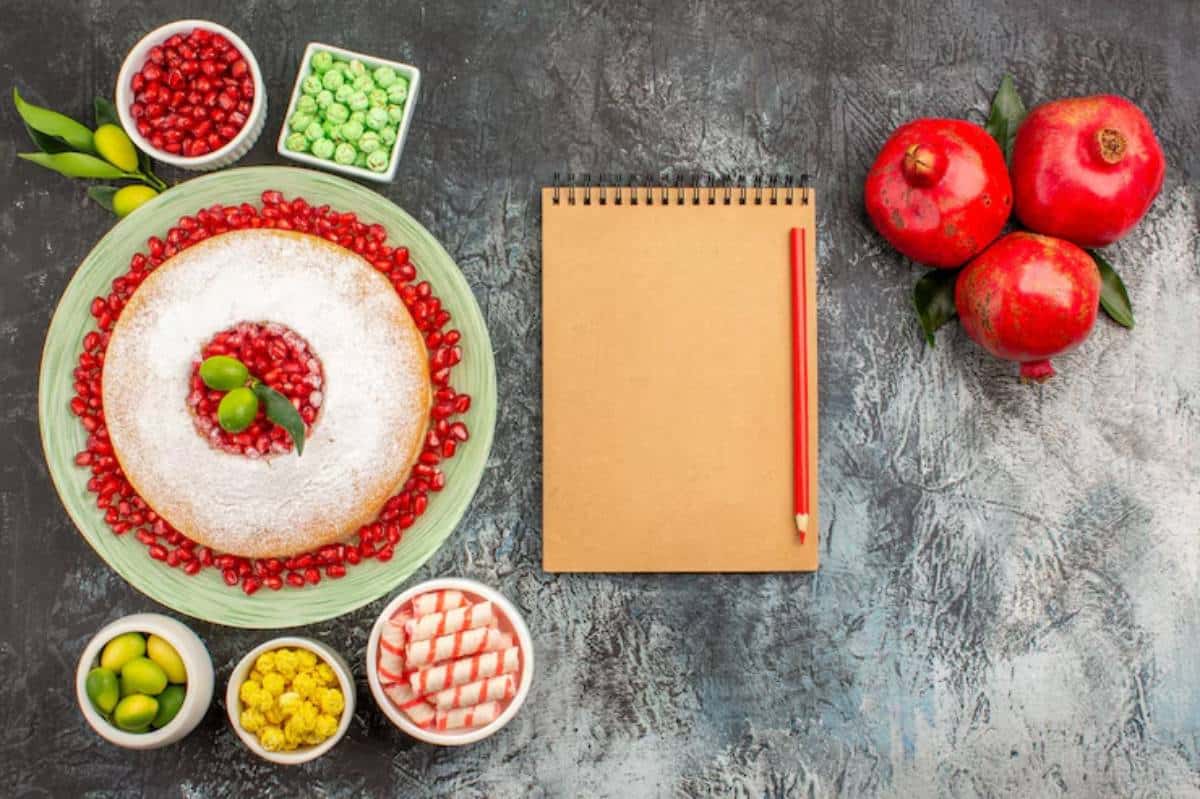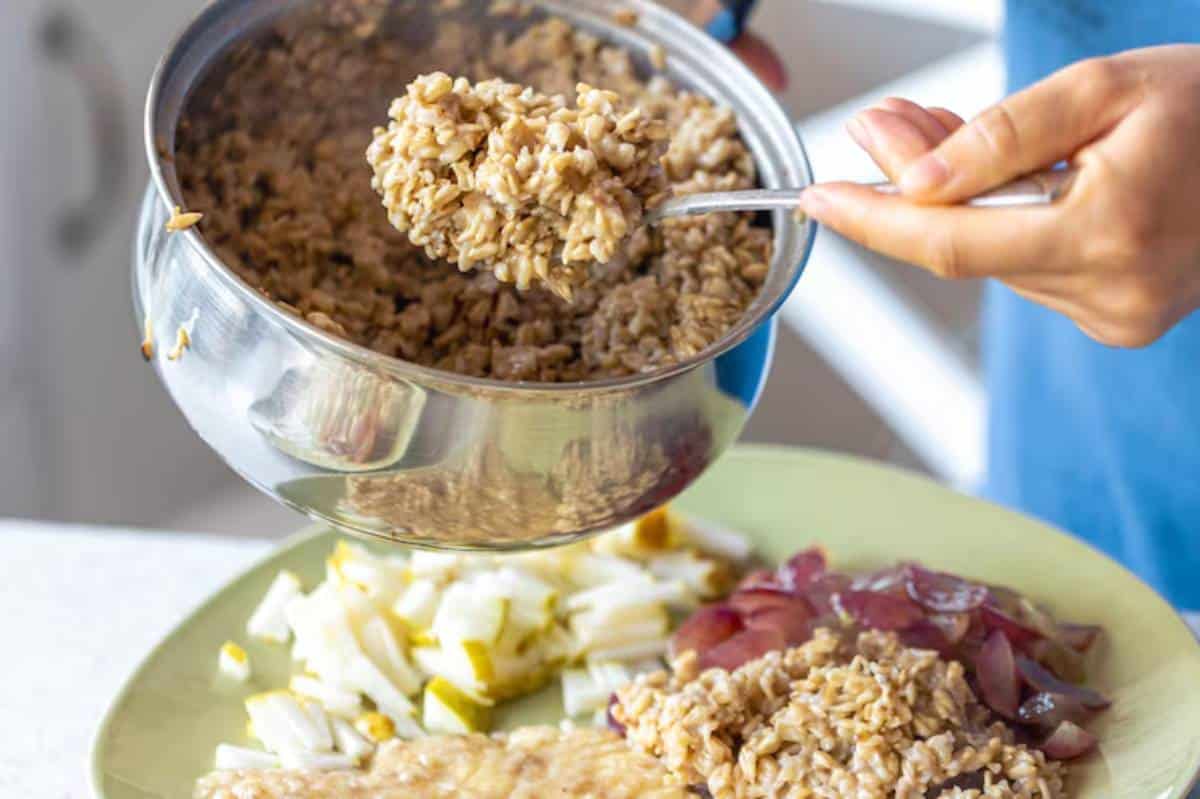
How to Build a Weekly Mediterranean Diet Meal Plan
Looking to transform your health through a simple, flavour-packed lifestyle? A Mediterranean diet might be the answer. Recognised by health experts for reducing heart disease risk, aiding weight management, and boosting overall wellness, this diet is more than a trend—it’s a proven way of living.
But the key to success lies in structure. That’s where a weekly Mediterranean diet meal plan comes in. With some forward-thinking and prep, you’ll enjoy stress-free cooking, balanced meals, and flavourful variety—every single day.
Let’s explore how to put it all together.
Understanding the Core of the Mediterranean Diet
The Mediterranean diet isn’t a strict regimen but a set of flexible, food-based principles. It draws inspiration from the traditional eating habits of countries like Greece, Italy, and southern France.
What Makes It Special?
- Abundant in plants: Vegetables, fruits, whole grains, legumes, and nuts are staples.
- Healthy fats: Olive oil is the go-to for cooking and dressing.
- Lean proteins: Emphasis on fish, seafood, and moderate poultry; red meat is minimal.
- Dairy in moderation: Cheese and yoghurt are common.
- Herbs over salt: Flavour is built with spices and herbs instead of sodium.
- Mindful meals: Eating is a social and enjoyable activity, not rushed.
Backed by Science
Numerous studies link the Mediterranean diet to:
- Lower risk of cardiovascular disease
- Improved brain function
- Reduced inflammation
- Sustainable weight loss
Pro tip: Use Extra Virgin Olive Oil. It is ideal for salads and light cooking. Keep it in a dark bottle for freshness.

Quick Guide: Weekly Mediterranean Meal Plan Essentials
Here’s what you’ll need to build a solid weekly base:
- 3–5 servings of vegetables daily
- 2–4 servings of fruit daily
- Whole grains with most meals
- Fish/seafood 2–3 times weekly
- Olive oil as the primary fat source
- Legumes (chickpeas, lentils) at least twice weekly
- Daily nuts/seeds
- Herbs and spices over salt
- Minimal red meat and processed food
Step-by-Step: How to Practise Mediterranean Meal Planning
1. Pick Your Weekly Focus
Decide whether your focus is:
- General health
- Weight loss
- Heart health
- Budget-friendly meals
Tip: Start small—plan 3 main meals per day, then add snacks or desserts if needed.
2. Choose a Planning Template
Use a printable chart, app, or whiteboard. Categorise each day by meal: Breakfast, Lunch, Dinner, Snacks.
3. Rotate Core Ingredients
Use batch-cooked staples like:
- Roasted veg (courgettes, aubergine, peppers)
- Cooked whole grains (quinoa, farro, bulgur)
- Grilled chicken, tinned tuna, or salmon
- Chickpea hummus or bean salads
4. Plan for Batch Prep
Dedicate a prep day. Pre-chop veggies, cook grains, marinate proteins, and portion snacks.
5. Sample 7-Day Mediterranean Meal Plan
| Day | Breakfast | Lunch | Dinner | Snack |
|---|---|---|---|---|
| Mon | Greek yoghurt + berries + walnuts | Hummus wrap with veg | Grilled salmon + quinoa + spinach | Cucumber slices + tzatziki |
| Tue | Whole grain toast + avocado + poached egg | Lentil soup + side salad | Stuffed aubergine + brown rice | Orange + almonds |
| Wed | Oatmeal + honey + figs | Greek salad + pita | Chicken souvlaki + roasted veg | Greek yoghurt |
| Thu | Smoothie (spinach, banana, oats, almond milk) | Tuna nicoise | Pasta with cherry tomato sauce | Handful of pistachios |
| Fri | Scrambled eggs + tomato | Chickpea salad | Grilled shrimp + couscous | Carrot sticks + hummus |
| Sat | Muesli + berries + yoghurt | Mediterranean grain bowl | Falafel + tabbouleh | Peach + walnuts |
| Sun | Frittata with courgette + onion | Leftover falafel wrap | Baked seabass + roasted potatoes | Greek yoghurt + honey |
Stock Your Mediterranean Pantry for the Week
Keeping the right pantry staples makes meal prep easier. It also cuts down on stress during busy weekdays.
- Grains & Legumes: Keep bulgur, farro, whole grain pasta, brown rice, couscous, chickpeas, lentils, and canned cannellini beans on hand.
- Healthy Fats: Always have extra virgin olive oil, tahini, and different nuts and seeds like almonds, walnuts, and sunflower seeds ready.
- Tinned Goods: Tuna, sardines in olive oil, chopped tomatoes, tomato paste, and jars of olives or roasted peppers.
- Herbs & Spices: Key items include dried oregano, basil, cumin, paprika, za’atar, sumac, cinnamon, and black pepper.
- Bread & Wraps: Whole grain flatbread, pita, and sourdough freeze well and reheat quickly.
- Other Must-Haves: Garlic, onions, lemons, Greek yoghurt, and a block of feta or halloumi.

Best Practices & Additional Insights
Mix Up Your Flavours
Don’t let repetition kill your motivation. Alternate:
- Herbs: Basil, oregano, mint, dill
- Proteins: Swap chickpeas for lentils, tuna for sardines
- Bases: Use bulgur, couscous, farro, or barley
Embrace Mediterranean Lifestyle Habits
- Eat socially: Enjoy meals with family/friends.
- Stay active: Walk, dance, or cycle daily.
- Mindful eating: Slow down and savour food.
Frequently Asked Questions (FAQs)
Q: Is the Mediterranean diet good for weight loss?
A: Yes, especially when portion control and regular activity are included. It promotes satiety with nutrient-dense foods.
Q: Can I follow it as a vegetarian?
A: Absolutely. Use legumes, nuts, seeds, eggs, and dairy to meet protein needs.
Q: How much meal prep is involved?
A: You can prep most items in under 2 hours weekly. Batch-cook grains, roast veggies, and portion proteins.
Q: Can I still eat pasta and bread?
A: Yes—opt for whole grains and pair them with veg, legumes, or olive oil.
Conclusion & Call to Action
Meal planning for the Mediterranean diet doesn’t have to be overwhelming. With smart prep and thoughtful choices, you can simplify healthy eating and enjoy every bite.
So, why wait? Grab your planner, prep your staples, and commit to your first Mediterranean week. Your body—and your tastebuds—will thank you.


